Lives on the Line: Still no Key to Unlock India’s Battered Tourism Industry
Inspite of several calls for help, India's Tourism sector which contributes upto 10 percent of the country's GDP, remains largely neglected of relief aid.
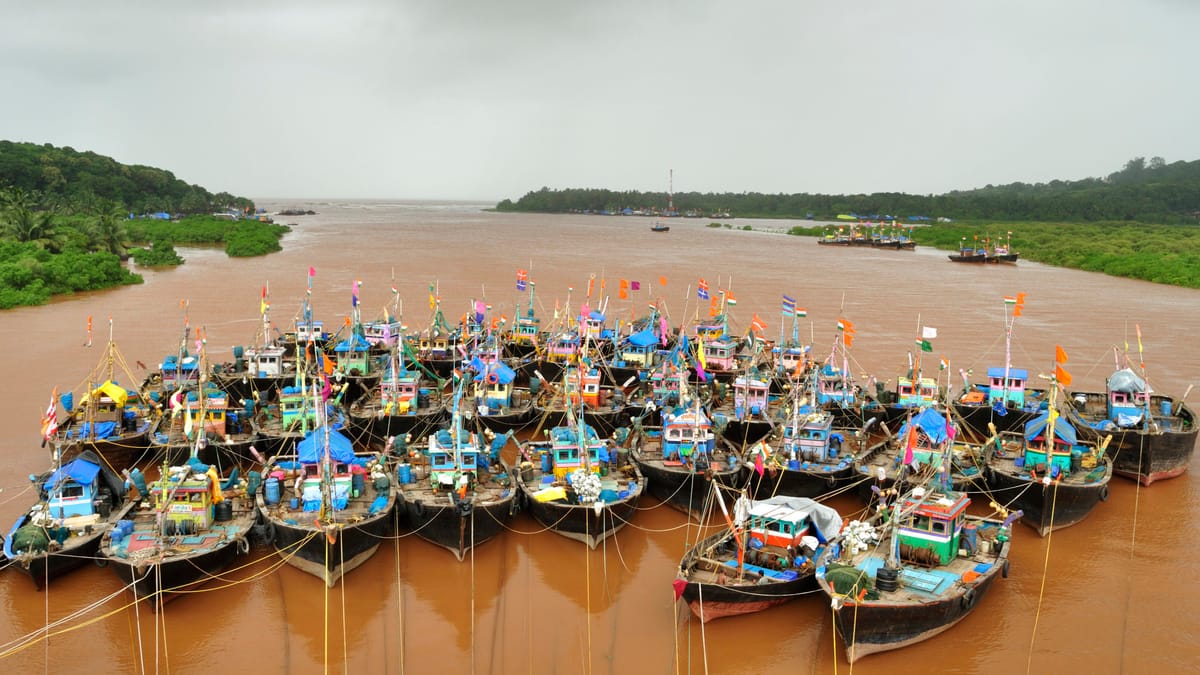
As India overtakes the second place for the highest recorded COVID-19 cases in the world, the relief measures to aid millions in the tourism sector still remain locked. One such affected person is Gudda, a naturalist from Bandhavgarh, for whom the usual year involved guiding tourists across wildlife sanctuaries of India but starting March 2020, his entire source of livelihood vanished. This was the case for many others, none of whom received help from authorities. In spite of such circumstances, he managed to raise money with his connections of tourists and friends to support the most helpless in the villages around him. But times have not been so kind on all and the pandemic has rendered several jobless, especially in this industry.
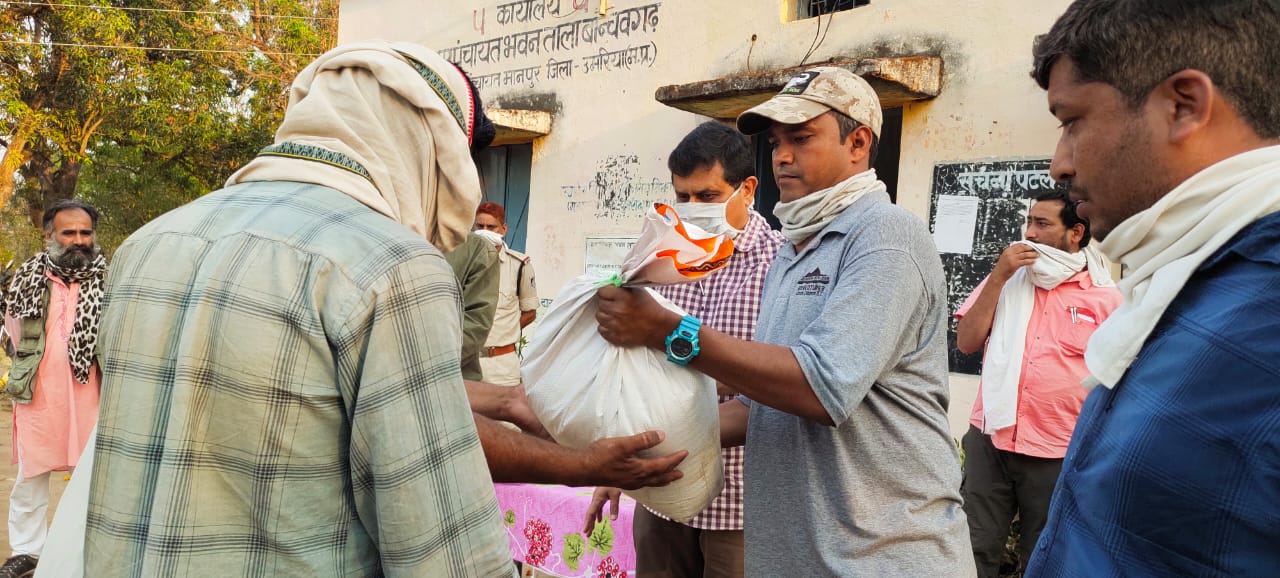
“The adventure travel industry is currently running on fumes. We estimate there are more than 25,000 adventure operators across the country. Almost 100% of the staff is getting a highly subsidised salary if any at all. Most companies have now crossed the threshold and have had to let go of a majority of their operations staff. Staff who have returned to their villages are either staying there because of family pressures or they are not being called back by their employers as there is simply no business to get back to.” says Mr Akshay Kumar, CEO of Mercury Himalayan Explorations Ltd, ex-vice Chairman of FAITH (Federation of Associations in Travel and Hospitality) and past President of ATOAI (Adventure Tour Operators Association of India).
India’s exceptionally dynamic tourism industry supports a mammoth number of livelihoods but in spite of its significant contribution to the country’s GDP (approximately 10%), this sector still largely stands neglected and continues to suffer the brunt of the pandemic.
The Indian tourism industry which employs about 8.75 crore people (12.75 per cent of the total employed population in 2018-19) includes a wide range of stakeholders from the people in the hospitality industry to travel agents, drivers, guides, traders, craftsmen and many more.
https://twitter.com/StatistaCharts/status/1298297859809456129
A countrywide lockdown was announced by the Prime Minister of India on March 25, 2020, which began to ‘unlock’ in phases in the subsequent months. Crossing state borders was restricted, public transport stopped, video calls and seminars became commonplace, migrant workers were rendered helpless and the economy took a major hit overall. Slowly everyone tried to adapt to the new normal and certain sectors were even offered relief from the Indian government.

While nations across the world including the US and countries in Europe prepared bailout and recovery plans for their travel industry, India’s finance minister announced that discussions were underway for providing help to the travel and hospitality industry. Only the state tourism of Kerala announced a Rs 455 crore package to ease the crisis in the industry so far.
There has been not much help extended from the Government of India to the tourism sector in spite of requests from several organizations and groups of travel operators and agents. Travel businesses as we know it, completely stalled at the beginning of the pandemic but some have managed to afford and innovate ways to resume slowly.
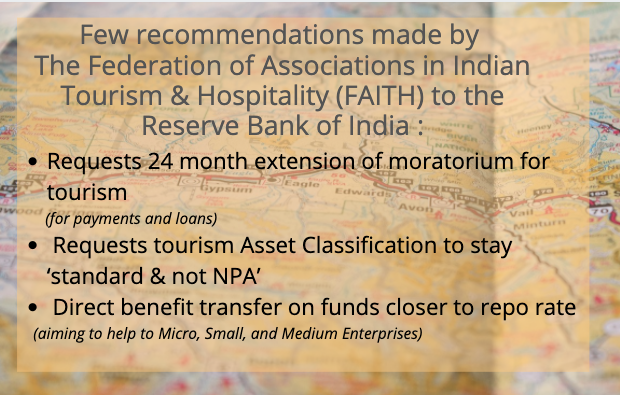
The Federation of Associations in Indian Tourism & Hospitality (FAITH), an umbrella organization of the trade associations in the tourism industry has raised a request to the Expert Committee set up by the Reserve Bank of India (RBI). As per the RBI circular of 6th August, FAITH is tasked with identifying norms for stressed sectors. It has put together a set of suggestions for the government.

FAITH shares that as per the Systemic Risk Survey carried out by the Reserve Bank of India and quoted in its Financial Stability Report, July 2020, five sectors have been identified as being the most affected by the COVID-19 pandemic. Within them further, the tourism sector is the one which is the most highly affected where 90% of the respondents foresee a bleak business scenario for at least the next six months. The statistics shared by FAITH show that the estimated value of domestic travel was Rs. 5.55 lakh crores (75 billion USD) while that of international inbound tourism was roughly Rs. 1.95 lakh crore (28.5 million USD).
“The mantra is to survive. Somehow survive the virus and the financial fallout. Be ready to start lean once all of this blows over. “
Vaibhav Kala, Founder of Aquaterra Adventures & Atali Ganga tells The Outdoor Journal how they’ve had their large team of about 100 on a roster system for subsistence. “It's been hard. Apart from guides, there are also porters and local guides in remote areas, so the envelope goes way beyond just adventure travel companies-the voices that aren’t heard. These bodies and organizations for travel make a lot of noise but those people don’t really get a voice and are as large a component of the impact.” Aquaterra Adventures has started to open their lodges and camps, ensuring high safety standards of operations.
Regarding the situation of the local guides, Mr Kumar shares, “I found a few rafting guides from Uttarakhand working as security guards and servers in local Dhabas. Most have returned to their villages and the ones who have not gone home are doing odd jobs to make ends meet.”

Vocal For Local
The Outdoor Journal reached out to some local voices to know more about their on-ground situation. Surinder Bodh, a mountaineer from Kullu, Himachal Pradesh says, “The pandemic has had an impact on tourism and it has personally affected my income. It is difficult to change one’s field of work when you’ve been involved with it from the beginning.” Suri has turned to wood carving and painting to support himself.
https://www.instagram.com/p/CBmqFxGBu8H/?utm_source=ig_web_copy_link
Farooq, a skiing instructor from Gulmarg, Kashmir tells The Outdoor Journal, “90% of Kashmir is working for tourism. From the past two years, people are dying without food because of no work and it all eventually affects Kashmir’s income, and most specifically, peace. We are well aware of COVID-19, yes, we should follow the proper guidelines and we are taking precautions and we know its consequences but if other states of India are working accordingly and we know the daily spikes of COVID-19 (in other states), still they have fewer restrictions for business then why only Kashmir. We people of Gulmarg have the only source of income that is, Gulmarg Tourism."

Naresh Singh (aka Gudda) a naturalist from Bandhavgarh, provides insight into the status of wildlife tourism of Madhya Pradesh. Gudda worked as a naturalist at an eco-lodge and had started his own company with Ms Radha Sharma this year, called Earth Calling Expeditions. “We lost everything, but what can we do, we still have to survive somehow.” He shares that the guides and drivers in Bandhavgarh have suffered heavy losses and most are making ends meet through farming. “We are safe from the pandemic here but are worried about our lifeline. Guides, drivers and forest guards have lost their jobs due to lack of funds. Due to the monsoon, the parks are anyways closed. Even the lodges are closed as there are no tourists. If there is any hope, it will be in October-post monsoon. The government has not yet released any relief packages for wildlife tourism so we have no advantage there.” Earth Calling with the help of their network of friends and tourists, raised money and distributed ration to the villagers in Bandhavgarh. They have also donated to Madhya Pradesh’s tiger foundation that looks after the tiger population in the state. Gudda, along with 10-12 locals even approached the Field Director to offer their assistance in forest patrolling since a group of wild elephants have strayed into Bandhavgarh and the people are not habituated to having them around.
https://www.instagram.com/p/CAQmi6ZgdEO/?utm_source=ig_web_copy_link
Do we have a roadmap forward?
https://www.youtube.com/watch?v=bexpDyvx6ys&t=680s
As international travel seems unlikely in the immediate future, the focus is mostly to shift to domestic tourism. “Yes, domestic is picking up slowly and we expect this will be the saviour going forward. However, most reopening efforts and drives have been initiated and pushed by the operators with little or no support from state governments.” reckons Mr Akshay Kumar.
“So we need to go ahead a bit cautiously-balancing the need for all of us to bring in some revenue and at the same time playing safe.”
Mr Mandip Singh Soin, Founder & Managing Director of Ibex Expeditions and Founding President of the Responsible Tourism Society of India, further adds, “Now that the post-COVID/ COVID guidelines for adventure activities are put out by ATTA (Adventure Travel Trade Association) and a lot has been incorporated into the ATOAI ones which are likely to be the basic benchmark, there is some confidence that the operators, guesthouses and camps could start their operations in a calibrated manner.” He also points out to several customer surveys indicating that many people are willing to pay more for all COVID protocols to be in place.
“The last thing that needs to happen is to undertake treks in which god-forbid a customer passes on the virus to a member of the remote local community. That would be an act of irresponsible tourism.” This concern is especially relevant as few camps have already received objections from local panchayats when they were preparing to resume operations.
Mr Vandit Kalia, Managing Director of DIVEIndia Scuba & Resorts Pvt Ltd further sheds light on the scuba diving scenario in the country. "It (COVID-19) has brought diving to a standstill. Between restrictions on travel, restrictions on the use of pools (for training) and restrictions on tourism-related activities, there have been no diving activities over the past few months." He adds that in spite of ease on travel restrictions, there still remain obstacles such as mandatory quarantine on inter-state travel which limits tourism and closure of swimming pools that make it impossible to teach courses.
"With the recent unlock phases, some of the blocks have disappeared – but others still pose indirect problems."
In his piece for The Outdoor Journal, Mr Akshay Kumar writes that the mantra is to survive. “There has been little or no help from the government. The Uttarakhand Government gave a one-time relief to trekking and rafting guides amounting to Rs. 5000. Kerala has done a little too. However, no relief from the central government whatsoever, Making it easier to get loans (this is what is on offer) just puts the consumer deeper in debt. That is not a solution. What the industry needs is, support for salaries, reduced GST for adventure and tourism, publicity and advertising from state governments easing of restrictions and incentives for consumers to start travelling within the country."
"I feel there is a lot of pent up demand for adventure. However, the government needs to wake up to the urgency and be smart about a regulated opening of all verticals of tourism,” adds Mr Kumar.

Millions of jobs and enterprises are at stake. The Indian tourism which can be broadly classified into leisure, business and pilgrimage travel, is estimated to have an impact on 85 million jobs. Video calls and webinars have become the order of the day. Stakeholders at every level have been shaken up and everyone is worried due to the uncertainty of the ever-changing situation. The community has come out to support in its own capacity through donations and postponing instead of cancelling their travel plans. As domestic travel shows signs of slow but sure revival employing mandatory SOPs, there is a need felt for greater government intervention and everyone hopes that it comes soon. More support needs to reach the grassroots and address the concerns of people living in remote areas. Adapting and innovating during this period of crisis seems to be the only way forward.
Lend your support to the Indian adventure travel operators! Book now for your next 2021 adventure experience at The Outdoor Journal
Featured Image: Sandip Dey


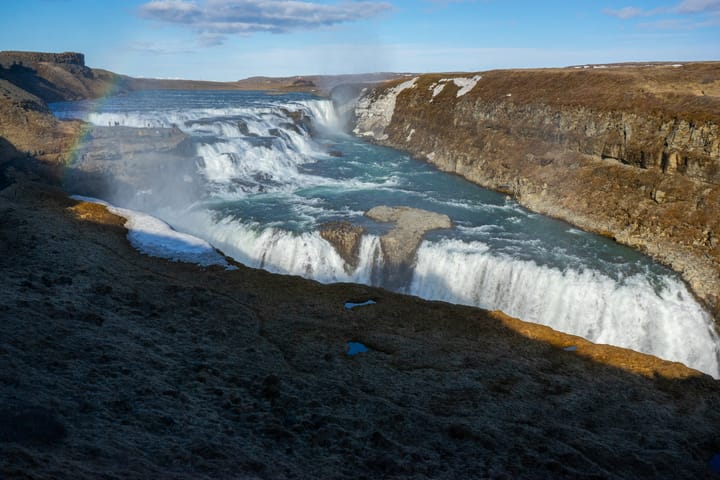
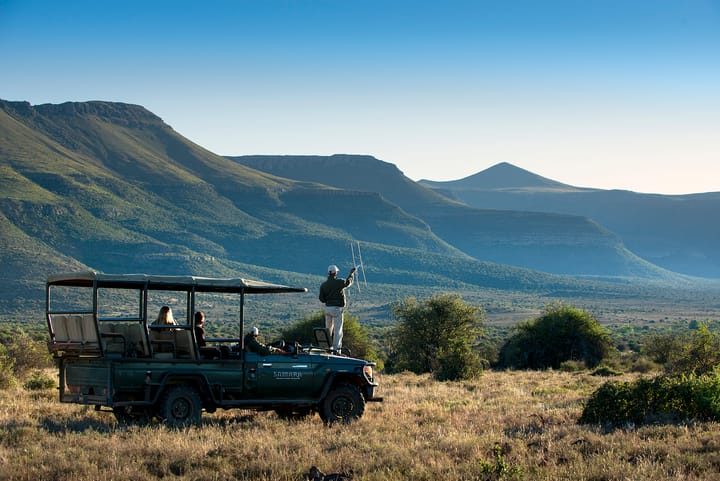
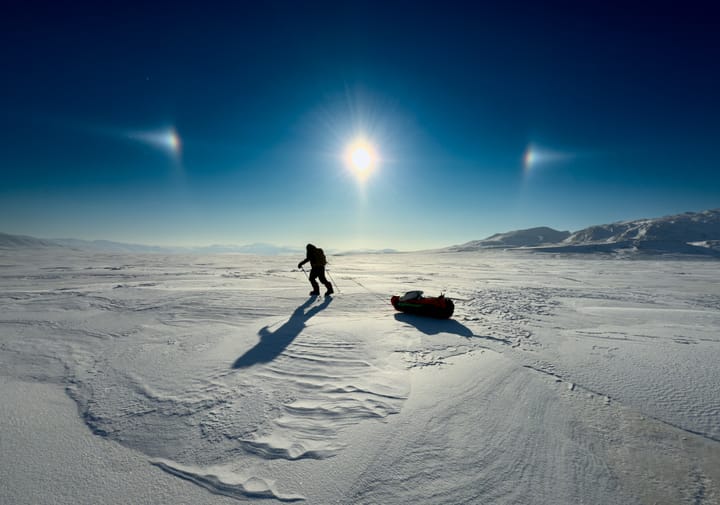
Comments ()